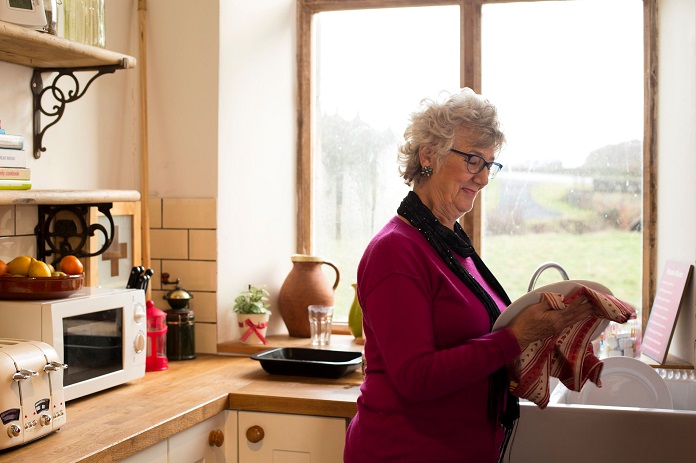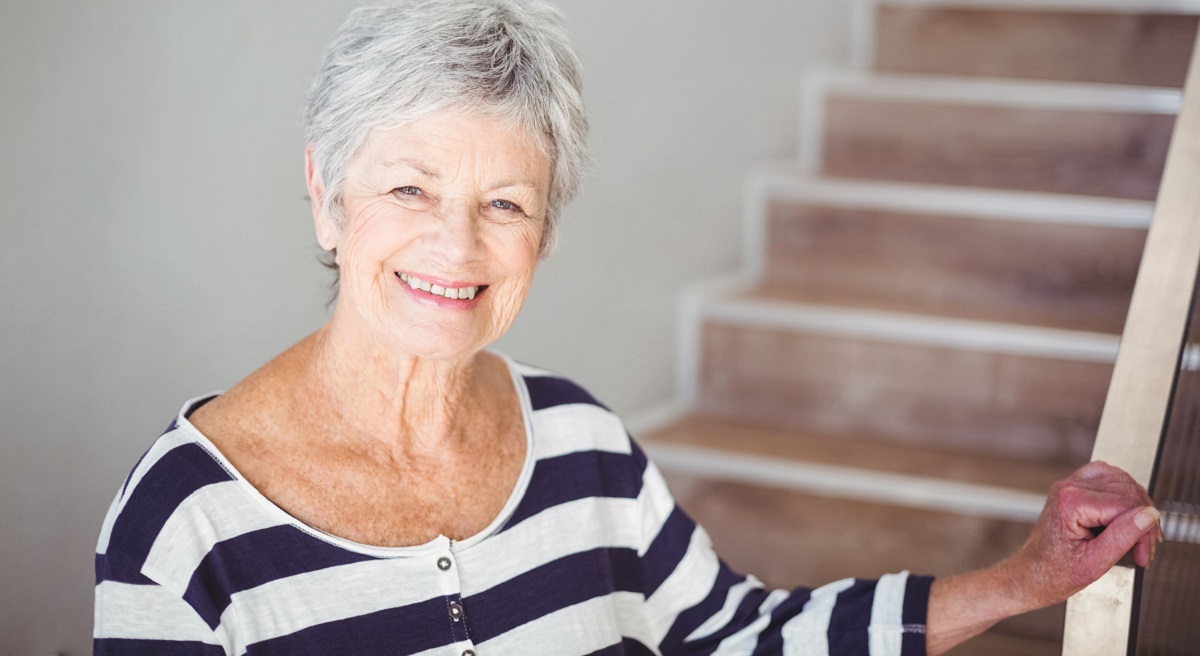Thanks to rising property prices and expensive care home fees, a growing number of families are opting to live with, or right next to older relatives, by building granny flats on their homes.
Recent figures from the Valuation Office Agency show there are now nearly 39,000 granny annexes in England and Wales alone – an increase of 16% in recent years.
The government has tried to encourage families to live together by discounting council tax and scrapping stamp duty increases on annexes, and ministers have stressed the benefits of inter-generational families, which help save the NHS and social care system a lot of money.

Why build a granny flat?
But if you’ve got an elderly relative, is constructing a granny flat on your home the right option for you and them?
Caroline Abrahams, charity director at Age UK, thinks granny flats are a “great solution” for elderly living – although clearly they’re not something that can be rushed into.
“This type of accommodation is one of a range of housing options open to older people who want to maintain their independence for longer in a smaller, easier-to-manage home, with around-the-clock family support when needed. It’s a great solution, but needs agreement and understanding on living arrangements and expectations,” says Abrahams.
“Bold and innovative new independent living arrangements should be encouraged and made easier to implement and afford. When so many older people are finding it increasingly difficult to get the support they want when they need it, alternative living arrangements for older people such as this play an important role in reducing the overwhelming demand on not only health and social care services but on housing too, and will ensure good health and wellbeing for longer.”

Pros and cons of a granny flat
Thinking of building a granny flat? Here’s nine points that might help…
1. Bridge before care
While it may not be possible for an elderly person to avoid going into a care home eventually, a granny annex can offer a useful bridge between independence and the provision of care.
2. No council tax
The National Federation of Builders (NFB) says an annex occupied by an elderly or disabled family member has a 100% council tax discount.
3. Shared bills
Depending on how it’s built and your preferences, bills may be shared between the family home and the granny flat. This could potentially save money (assuming granny or grand-dad doesn’t have the heating on all the time).
Make sure you have a discussion about bills beforehand so you don’t reach an awkward impasse later down the line.
4. Do it sooner not later
Moving can be very stressful for anyone, but especially for an older person. A decision to build a granny flat needs to be made sooner rather than later – ideally before an elderly relative is in desperate need of an accommodation change, and while they’re still reasonably mobile if possible.
Look on it as an investment for the future. If you have children, a younger grandparent may be able to look after them occasionally, allowing you more free time.
5. Choose builders carefully
A new build can also be very stressful, so choose your builders carefully. The NFB’s Find a Builder helps people contact reputable builders who’ve been strictly vetted and have undergone a range of reference checks.
6. Plan for future needs
Think carefully not just about the elderly person’s needs now, but what they may be in the future. If your granny annex is two storeys, do the bedroom and toilet need to be downstairs in case mobility becomes an issue in later years?
Consider whether the staircase will be wide enough for a stairlift, whether a wetroom might be better than a bath. It’s easier to add them in now than make changes years later.
7. Communication is key
Honest and detailed discussions are crucial, both with the builder before construction about the budget, timescale and exactly what you and the elderly relative want. Be clear with your relative about how bills will be paid (if they’re shared), who’s responsible for the garden if it’s shared, whether you eat together, whether you knock before entering each other’s homes, etc.
8. Get legal advice
It’s important to discuss, and get legal advice if necessary. For example, what happens if either the younger family or the older relative wants to sell up and move to a different property but the others don’t want to sell.
9. Be prepared for relationship breakdowns
It may also be worth seeing a solicitor to discuss what happens if there’s a relationship breakdown, as one of the family homeowners may demand their share of the property in divorce proceedings. What happens to the granny flat occupant then?
You may also be interested in…































































